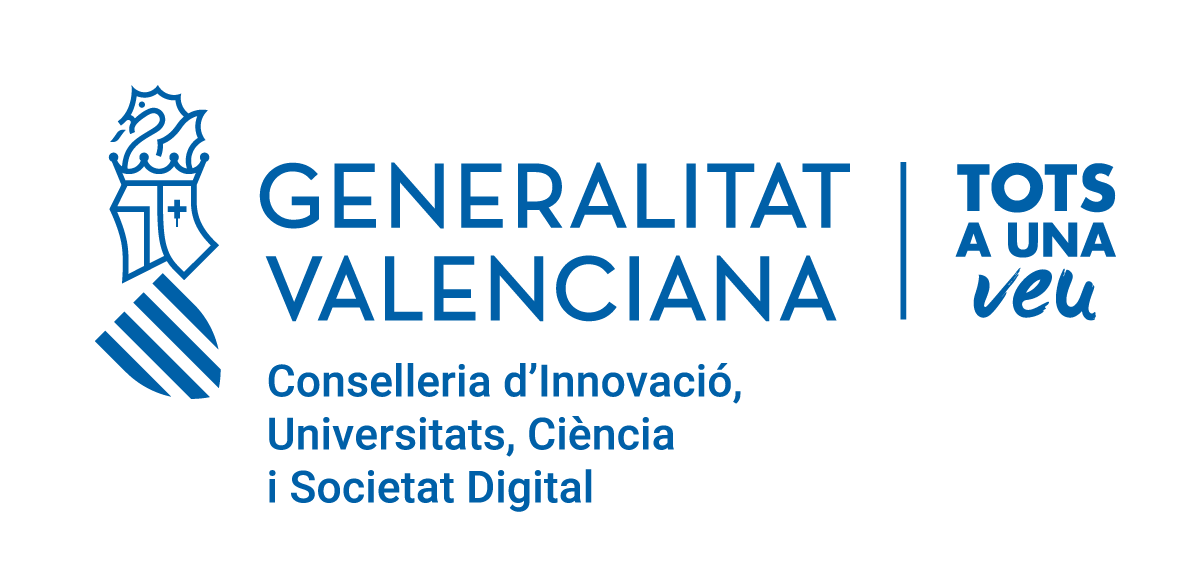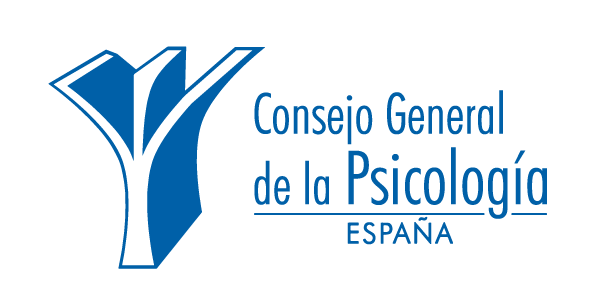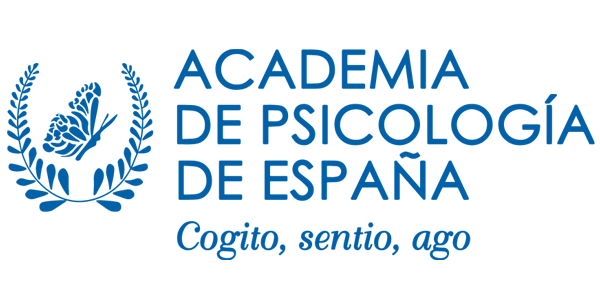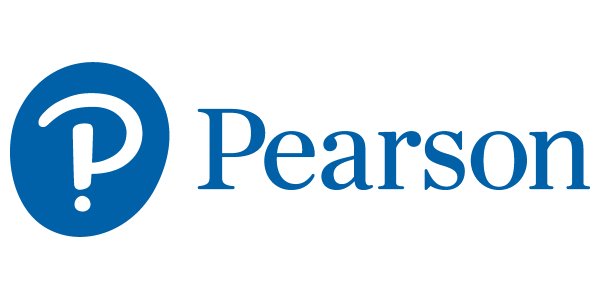Risk and Protection in Homeless and Housed but Poor Children
Children living in poverty experience poorer biopsychosocial outcomes than children not living in poverty. Parental and family risk factors, including depression, substance misuse and living in under-resourced communities, can negatively impact parenting behaviors and set children up for negative developmental trajectories of health and well-being. Furthermore, the relationship between poverty, motor development and emotional outcomes among preschool-age children over time is not well-understood. Outside of structural interventions to reduce poverty, researchers have sought to identify factors in parents and children that ameliorate children’s risk. This work is essential given limited resources for intervention; targeting those factors shown to promote healthy developmental outcomes can be time and cost efficient.
While mother’s risk factors have long-been studied for their negative effects on children, fewer studies have examined the protective effects of maternal interventions on child outcomes in at-risk populations. The studies presented here sought to identify promotive factors that ameliorate negative developmental outcomes among children in resource-poor environments. The samples include children and mothers experiencing homelessness and substance use problems, as well as housed but poor families in urban settings.
In conclusion, the studies converge on supporting a reciprocal influence between maternal supportive interventions and children’s biopsychosocial outcomes. Interventions that reduce parenting distress and support parenting behaviors are important promotive targets for improving children’s health and well-being. Furthermore, in addition to focusing on reducing parenting risk factors, targeting at-risk children’s motor development appears to buffer negative developmental trajectories over time
.

Natasha Slesnick
The Ohio State University. United States
Natasha Slesnick, PhD., is professor of Human Development and Family Science in the Department of Human Sciences at The Ohio State University and Associate Dean for Research and Administration in the College of Education and Human Ecology. She is a licensed clinical psychologist and her research focuses on intervention development and evaluation with substance using youth experiencing homelessness, as well as substance using mothers and their young children. She has been continuously funded by the National Institutes for Health since 1998 and has written nearly 150 peer-reviewed publications and book chapters. She has consulted with multiple domestic and international organizations and policy groups on the best strategies for intervention with both youth and families. Finally, she has founded two community-based drop-in centers for youth experiencing homelessness – one in Albuquerque, New Mexico and one in Columbus, Ohio.
Organiza


Patrocina

Con el apoyo de


![8CIPCNA-adaptaciones-[Recuperado]](https://www.aitanacongress.com/2022/wp-content/uploads/8CIPCNA-adaptaciones-Recuperado.png)


